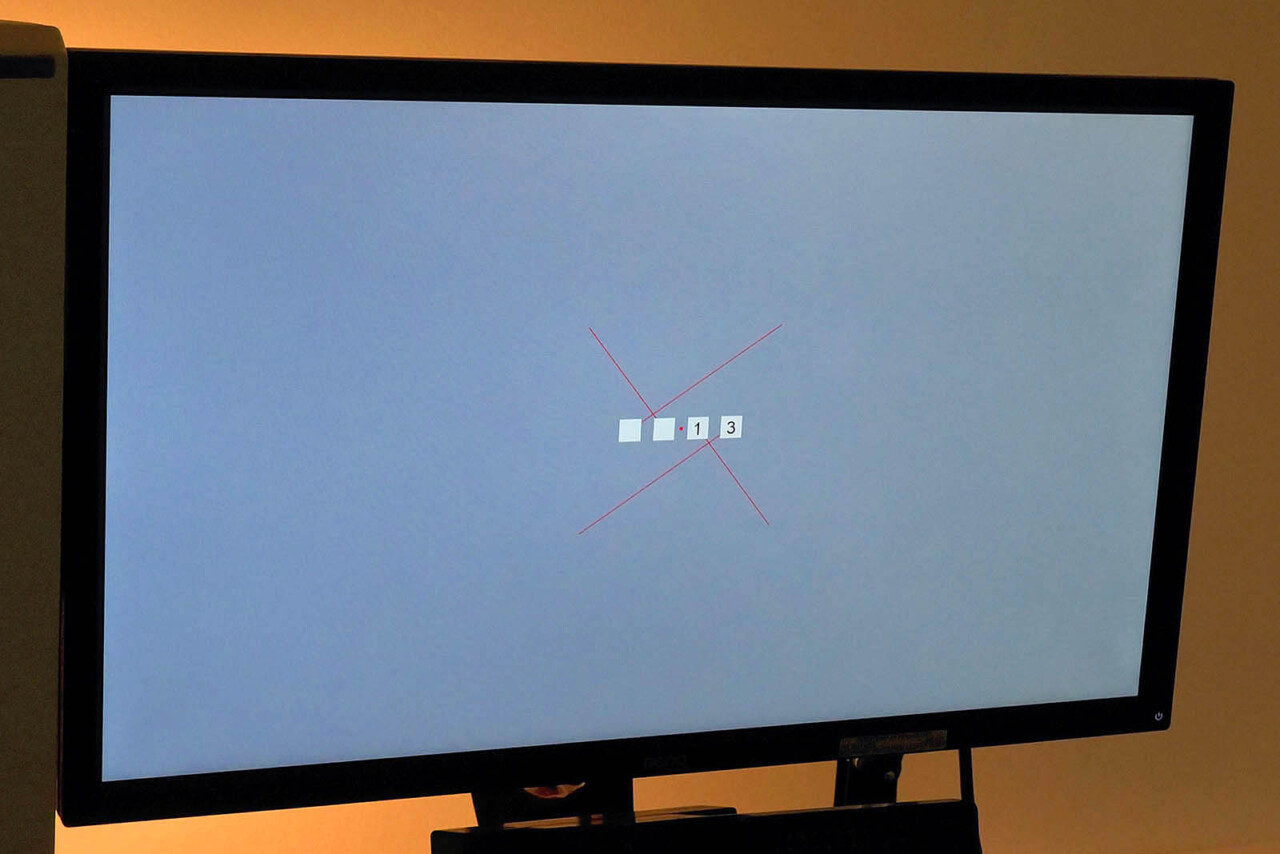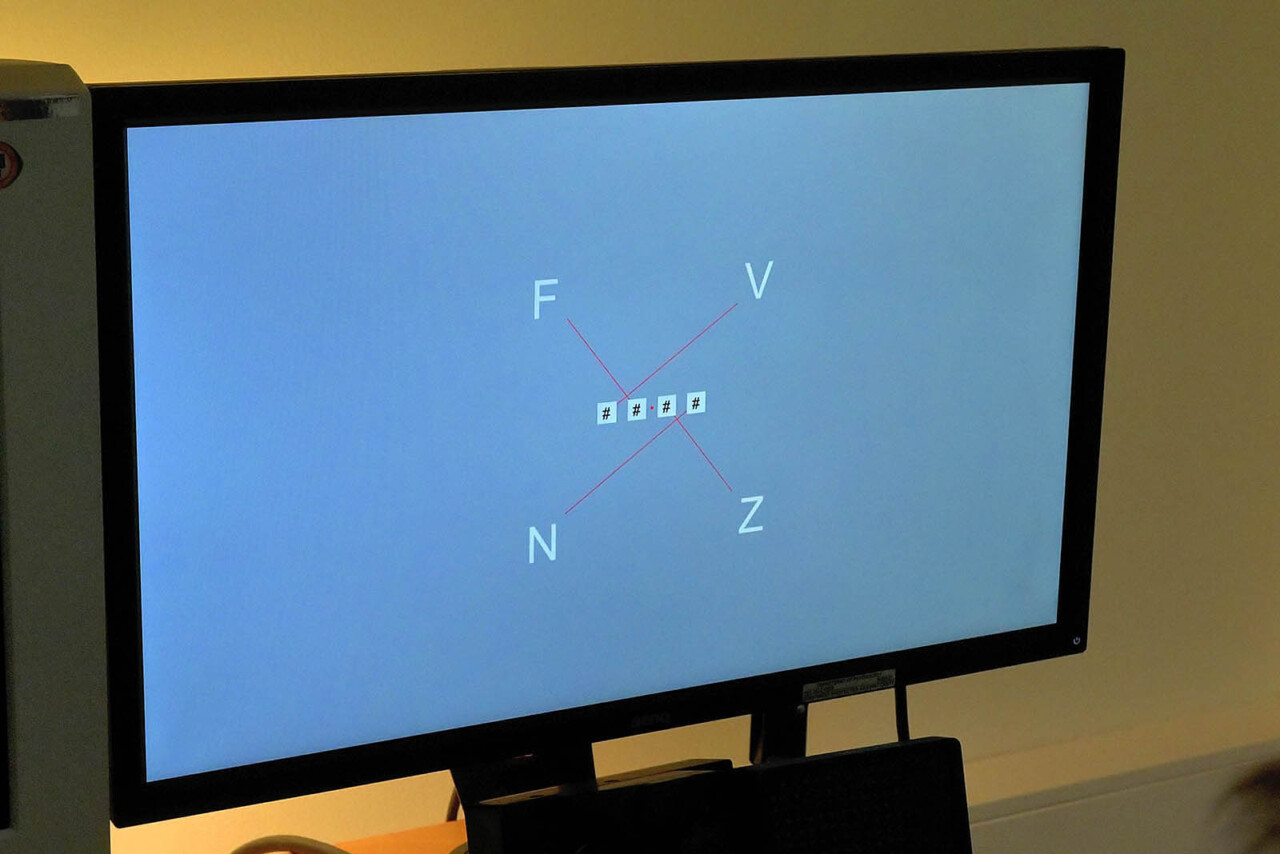Universitetsavisen
Nørregade 10
1165 København K
Tlf: 35 32 28 98 (mon-thurs)
E-mail: uni-avis@adm.ku.dk
—
Science
Psychology — Experiment in the field of cognitive psychology shows that social media do not overload or ruin our attention capacity. We are actually good at choosing the information we consider valuable.
The Oxford English Dictionary has just named brain rot the Word of the Year. It describes the »supposed deterioration of a person’s mental or intellectual state, especially viewed as the result of overconsumption of material (now particularly online content) considered to be trivial or unchallenging«.
But if you have been concerned that social media will inevitably turn us all into zombies, spaced out on Meta or TikTok, you can now breathe a sigh of relief. Research at the University of Copenhagen has discovered something completely new about us.
When we scroll on our phone, what we do is not just conditioned by ingrained habit or media manipulation according to a new cognition psychology experiment.
»Our research suggests that what we do on social media depends more on the value we expect to get out of clicking on different icons than on our automatic reaction and habits,« says Thor Grünbaum, who is associate professor at the Department of Psychology and Section for Philosophy at the University of Copenhagen (UCPH).
He and his research colleague Professor Søren Kyllingsbæk have authored a new study with the title ‘Testing Biased Competition Between Attention Shifts’: The New Multiple Cue Diagram.
Our experiment suggests that social media do not overload or ruin our ability to focus our attention.
Thor Grünbaum, Associate Professor, Department of Communication
It is part of a larger research project that is supported by DKK 19 million from the Carlsberg Foundation and which aims to investigate mechanisms for selecting attention shifts and action plans.
By using a combination of psychological experiments and mathematical models, they have been able to demonstrate that it is a reward, rather than a habit that determines what we are attracted to in our closest visual environment.
According to the two researchers, the preconception in the field of psychology is that habits and routines are almost impossible for us to break. This view is now challenged.
»For the first time, an experiment shows that if an action is important enough, then a new and non-habitual action may well compete with the ingrained habit,« says Søren Kyllingsbæk.
The researchers have designed their experiment so that trial participants have to choose between performing several different actions almost simultaneously. It is a situation that in many ways resembles reality on social media.
»We have shown that the participants’ use of visual displays, such as a smartphone screen, is not only controlled by the icon that flashes the most. Instead, participants end up shifting their attention to the icon that is crucial for whether they can achieve the goal that has the highest value for them,« says Thor Grünbaum.
The experiment which has led to the surprising conclusion, has required thorough training of the participants, even though it sounds simple: Sit down in front of a computer and press a button whenever numbers and letters appear.
The responses could be exchanged for money. In the real world, of course, the reward is often a social one. For their participation, the test subjects received an average DKK 500 for their responses, on top of a fixed hourly rate.
The two researchers have in this way demonstrated that the human ability to shift attention actually works amazingly well in different areas. Our brains are able to select exactly the information, objects, and actions needed to get us the reward we want.
New degree programme
Thor Grünbaum and Søren Kyllingsbæk have done several research projects together since 2010.
And they have helped start a new bachelor’s degree programme in cognition and data science at the Department of Psychology as a collaboration between the Science, Humanities and Health faculties at UCPH.
»We wanted to understand the factors that help determine where you shift your attention when it is possible to do many things at the same time,« says Søren Kyllingsbæk.
Thor Grünbaum gives an example from daily life:
If a person takes out his mobile phone to just pass the time, what is it that determines what he becomes aware of? Is it his ingrained habits, the icon that flashes the most on the screen, or is it a completely different mechanism?
»That’s why we’re particularly interested in investigating situations where you can’t make a conscious choice – because you don’t have the time to think. In these cases, you might think that our habits take over, but our results show that even under these conditions, a person’s personal values override their habits,« Søren Kyllingsbæk adds.
The media can still take advantage of our reward system – so that we end up spending a lot of time on something that we are not really interested in in the long term.
But what is new is that subjective value plays a major role in the way we notice, and what actions we perform – even when it happens quickly and unconsciously. If we’re vulnerable online, it’s less because our attention is blindly pushed around and manipulated, and far more because we actively pursue the information that can reward us the most.
»You often hear that our habits, combined with the information overload of social media, can turn us into zombies on the web, so we can’t concentrate properly on anything. But our experiment suggests that social media do not overload or ruin our ability to pay attention,« says Thor Grünbaum.
»We are perfectly capable of selecting the information that we consider important in relation to the action we want to perform«.

